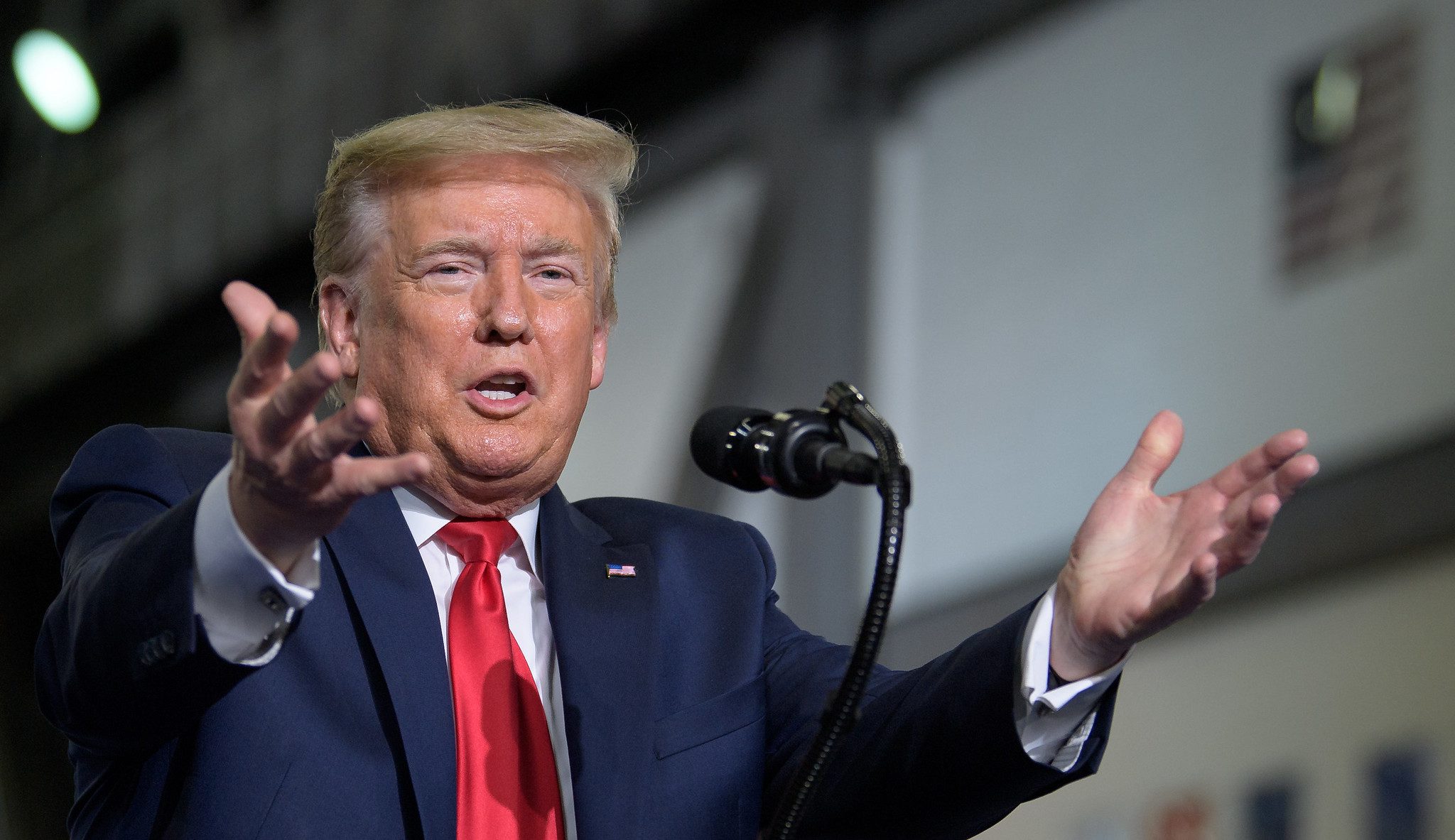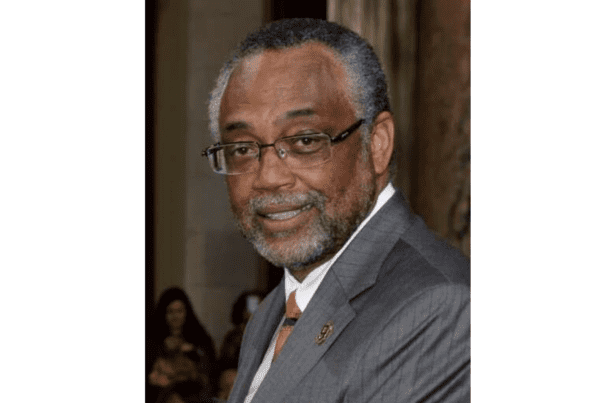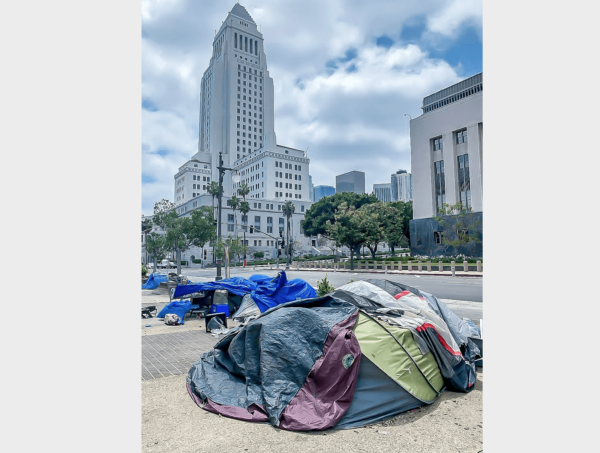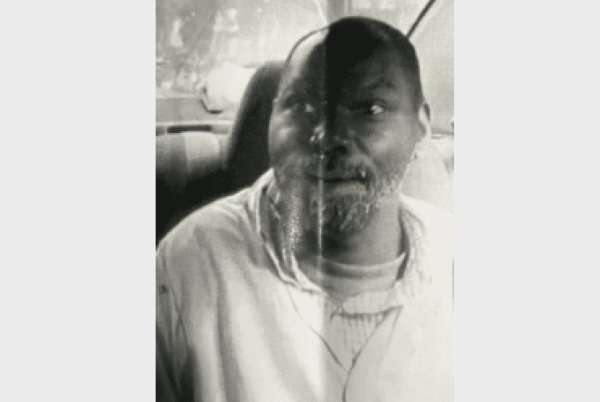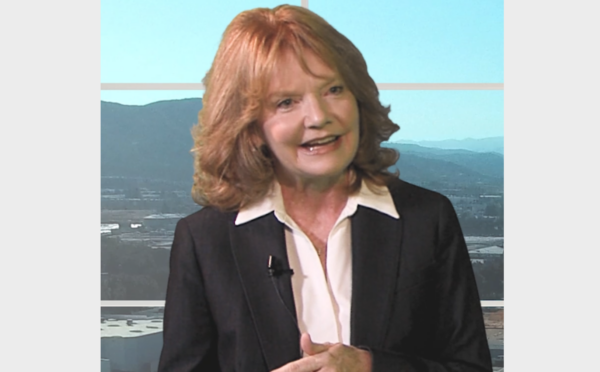The historic arrest and arraignment of former President Donald Trump took place in Miami on Tuesday afternoon, with little incident and only moderate fanfare. Trump, accompanied by his aide and co-defendant Walt Nauta, arrived at the federal courthouse via motorcade around 2 p.m, where he pleaded not guilty to 37 felony counts related to the mishandling of national security information, concealing documents and obstruction of justice.
Trump’s legal team is expected to file pre-trial motions, such as to suppress evidence, that could delay the trial by months, or even a year.
Federal prosecutors claim that after leaving office, Trump held onto incredibly sensitive, classified national security materials, including documents about nuclear programs and defense capabilities, that he then stored in areas accessible to the public, including a bathroom and ballroom. He then, allegedly, defied a Justice Department subpoena by refusing to turn the documents back over to the government and hatching and executing a plan to hide documents from his lawyers and the government. Additionally, prosecutors claim that in two separate instances, Trump knowingly showed classified documents to people who did not have clearance to see such information.
Despite the charges against him, Trump continues to be the front-runner for the GOP presidential nomination and has vowed not to drop out of the race, even if convicted. If Trump becomes the Republican nominee and is elected as the president, he could theoretically pardon himself, though that move remains legally dubious, or appoint a friendly attorney general to dismiss the case.
Many Republicans – including a lot of Trump’s GOP primary opponents – have rallied around him. Trump has already used the indictment as a fundraising pitch and is expecting to see a bump in the polls as supporters rally behind him.
House Speaker Kevin McCarthy (R-Bakersfield) criticized the Justice Department, while Senate Minority Leader Mitch McConnell refused to take questions about the charges against his party’s frontrunner.
Unlike Trump’s April arraignment on criminal charges in New York, there was no photographic or video record of the hearing or Trump’s movements inside the courthouse Tuesday. U.S. Magistrate Judge Jonathan Goodman presided over the proceedings and declined media requests to allow photography and live audio transmission of the hearing. The judge also barred journalists from bringing cellphones and recorders into the courthouse.
A mid-sized crowd of supporters, counterprotesters, and journalists gathered outside the courthouse without any major incidents or violence.
The next few months promise to be tumultuous for the former president as an additional indictment is expected from Fulton County District Attorney Fani T. Willis, who has been investigating whether Trump and his allies illegally meddled in the 2020 presidential election in Georgia. Furthermore, special counsel Jack Smith and the Jan. 6 grand jury continue to investigate Trump’s efforts to overturn the 2020 election.

